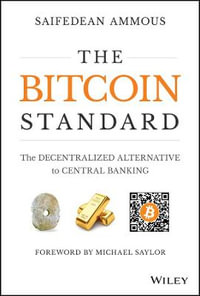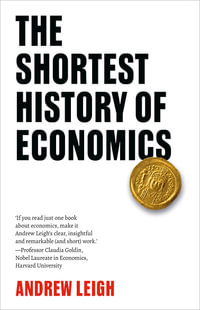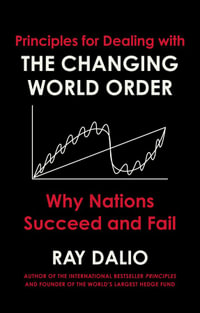For most of its life the Reserve Bank of Australia (RBA) has lead a fairly conservative existence. However, since the early 1980s the economy has experienced financial and market deregulation and general economic liberalisation. The RBA has been caught up with the turbulent policy debates that have ensued. Australia's Money Mandarins tells the story of the RBA over the past two decades. It discusses how the Bank operated in the new political environment created by deregulation and the fight against inflation. It describes the conflicts with the government and the Department of Treasury, and how the bank dealt with the rough and tumble of politics and managed to assert a level of independence in the 1990s. Including frank interviews with key figures like Bob Johnson, Bernie Fraser, Ian Macfarlane and Paul Keating this book will appeal to anyone with an interest in the politics of money.
Industry Reviews
'This is a scholarly and meticulously researched book that offers fascinating insights into the economics and politics of monetary policy by letting the key players speak for themselves. It will be an invaluable source of reference for historians, economists and political analysts.' Fred Argy, former policy adviser, author of various books on social and economic policy and Visiting Fellow at the ANU 'Stephen Bell's Australia's Money Mandarins is essential reading for anyone who needs to understand the mysteries of Australia's central bank.' John Edwards, Chief Economist for Australia and New Zealand, HSBC Bank '... a thoroughly researched work on institutional economics - a neglected field in Australia where universities tend to classify 'economics', 'organisational behaviour' and 'politics' into separate disciplines. In transcending these artificial boundaries Bell provides insights into the decision-making process and relationships within the Bank ... thanks to his extensive research, drawing both on published material and interviews with former and present senior officials, Bell has written a short history of economic policy in Australia over the last sixty years ... it is an excellent summary of the problems faced by the world governments ... when the Bretton Woods postwar order collapsed ... It is an excellent work for any student of monetary policy.' Public Administration Today

























